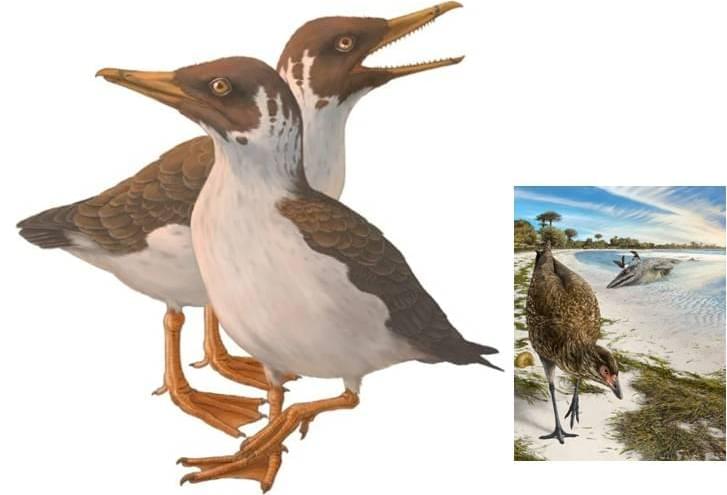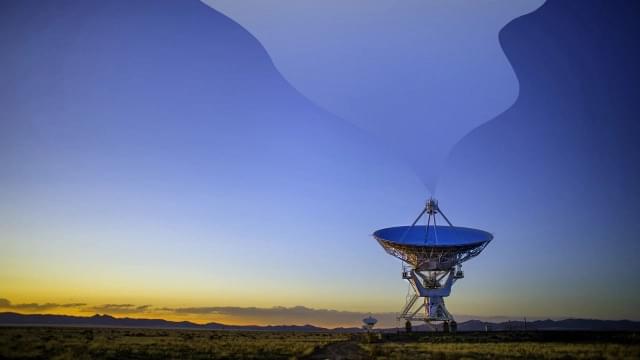Rachel Bronson, PhD, president and CEO, Bulletin of the Atomic Scientists, said: “We are living in a time of unprecedented danger, and the Doomsday Clock time reflects that reality. 90 seconds to midnight is the closest the Clock has ever been set to midnight, and it’s a decision our experts do not take lightly. The US government, its NATO allies and Ukraine have a multitude of channels for dialogue; we urge leaders to explore all of them to their fullest ability to turn back the Clock.”
The Doomsday Clock’s time is set by the Bulletin of the Atomic Scientists’ Science and Security Board with the support of the Bulletin’s Board of Sponsors, which includes 10 Nobel Laureates. Previously, the Doomsday Clock had been set at 100 seconds to midnight since 2020.
The Doomsday Clock statement explains that “Russia’s war on Ukraine has raised profound questions about how states interact, eroding norms of international conduct that underpin successful responses to a variety of global risks. And worst of all, Russia’s thinly veiled threats to use nuclear weapons remind the world that escalation of the conflict—by accident, intention, or miscalculation—is a terrible risk. The possibility that the conflict could spin out of anyone’s control remains high… Russia has also brought its war to the Chernobyl and Zaporizhzhia nuclear reactor sites, violating international protocols and risking widespread release of radioactive materials. Efforts by the International Atomic Energy Agency to secure these plants so far have been rebuffed.” The statement has been translated into Ukrainian and Russian.




